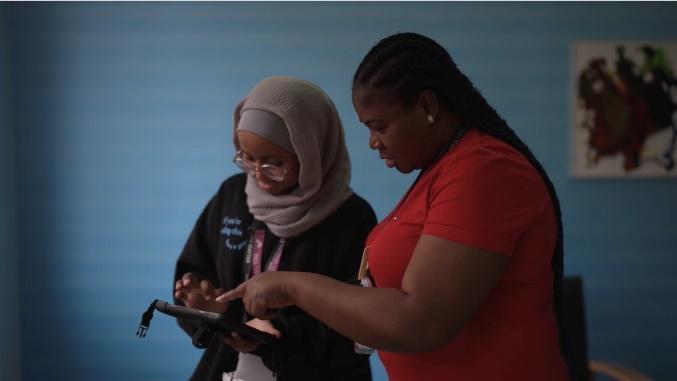Two major telecoms companies, AT&T and BT, have announced ambitious plans for Internet telephony services.
AT&T CEO David Dorman is expected to announce the launch of voice over IP (VoIP) at a telecoms conference in New York today. AT&T’s initiative follows on from an announcement by BT on Monday of a mainstream VoIP product.
“VoIP is the most significant, fundamental new technology shift in telecommunications in decades and will deliver tremendous value to all customers,” AT&T said in a statement.
Its service will be introduced in the US next summer.
The news follows Time Warner Cable’s decision earlier this week to offer VoIP to most of the 18 million households that can connect to its system in the US. The service, called ‘Digital Phone’, will be launched in partnership with traditional telcos Sprint and MCI.
Such high-level support is a massive boost to the initially derided technology, which allows voice and video calls to be made over the Internet, rather than a traditional circuit-switched telephony network.
VoIP is finding favour because it promises huge savings for both end-users and providers, as it does not involve setting up costly new telephone networks. AT&T is yet to disclose its prices but other services offer savings of up to 30%.
AT&T will be hoping to reduce the $11 billion charged by local phone companies for the use of their lines. As such, VoIP forms a significant threat to traditional voice revenues, although the challenge from traditional telcos is somewhat unexpected.
BT’s VoIP charging is based around its BT Together service, but at a cheaper monthly rate. It will cost £7.50 per month, including unlimited evening and weekend calls of up to an hour for no extra charge and daytime calls will cost three pence per minute.
It claims users can enjoy savings of up to 57% on calls to mobiles and up to 25% on UK daytime calls, over rivals NTL and Telewest’s charges for a similar service.
Calls are made by sending them over the Internet or private networks as packets of digital data. The system rests on two major standards: session initiation protocol (SIP) and e164 number mapping (Enum).
But the technology raises privacy and security issues that regulators are yet to address. It is also renewing some doubts over whether the Internet should remain unregulated.










